Andrew (he/him) is 42 years old, lives in VIC and identifies as a person living with BPD
What was your experience of receiving a diagnosis of BPD?
Very positive. I finally had an explanation as to why I felt the way I did. I learnt I had a mental health condition that many others faced too. I discovered academic research papers which described recovery. I also read stories written by people with lived experience of BPD which gave me hope.
What would you like people newly experienced with BPD to know?
That there’s a life worth living. There’s solidarity in peer support. That DBT really does work. The symptoms of BPD are responsive to treatment and skill development.
What did clinicians and mental health professionals do well to support you?
I found a mental health professional who understood me and assisted with a diagnosis. I felt incredibly supported, validated and accepted throughout. He encouraged me to view my experiences with helpful perspectives and this was very healing. I felt he encouraged me to embrace the aspects of myself that sit alongside BPD.
What could clinicians and mental health professionals have done better to help you?
Earlier diagnosis. Unfortunately a number of treating doctors didn’t pick up on my specific BPD symptoms which meant I was unable to access adequate treatment. I think misinformation and stigmatised views informed mental health professionals at the time and my gender was often a barrier for me.
What kind of psychological treatments worked well for you?
DBT and Schema Therapy.
What other things have supported you to live well?
Loved ones, friends, family, exercising, reading and writing.
Do you have any tips or tricks for managing distress or strong emotions you would like to share?
Practicing Wise Mind, distress tolerance and acknowledging and validating my experience. DBT skills including STOP, Opposite Action and Problem Solving (Linehan, 1987). Behavioral Tech on Psychwire - DBT Changes Lives
What advice would you give to friends/family supporting someone with a diagnosis of BPD?
Love us. Educate yourself by reading books about BPD written by expert researchers and people living with BPD. Understanding the skills we’re learning and applying can really support your loved one living with BPD. Family therapy and support groups can help also.
What are a few things you thought you might not have been able to do but you did anyway?!
I kept going and picked myself up. I learnt skills that taught me to understand and change my behaviours, to repair relationships and to step away from unhealthy ones. Focusing on work and trying to live well can be unrelenting but rewarding. Writing about my experience of BPD and advocating for myself.
